As of September 11, 2018, it is now legal for the USCIS (United States Citizen and Immigration Services) to deny an applicant’s request without first issuing a Request for Evidence (RFE) if the evidence in the initial application is insufficient. The last memo relating to this, “Request for Evidence and Notices of Intent to Deny” was passed in 2013. This affects both immigrant and non-immigrant visa types.
The claim is that it’s intended to discourage frivolity and encourage applicants to remain vigilant in filling out their applications. It claims that it’s not intended to penalize innocent misunderstandings. But that’s likely what it’s going to end up doing if it’s meant to be the zero tolerance law. Adjudicators, however, may use their discretion to corroborate the evidence by collaborating and consulting with USCIS, other government files, databases, or publicly available information. If misleading information is found on the application, naturally, that’s cause for concern. The U.S. has enough trouble with fraud as it is. Whether it’s a visa or a green card application, immigration is a very vulnerable area. Excessive deportations due to fraud is the last thing that anyone needs.
One piece of good news is that immigrants don’t need to fill out the applications by themselves. They are usually expected to have an attorney to help them with it. The attorney’s job is to help them to ensure that the application is filled out as thoroughly and completely as it can be. Depending on the area that the immigrant seeks to settle into, the evidence required for the application can be complicated and very difficult for a layperson to understand. The U.S. has long been a country about making dreams a reality and wants to maintain it as best as it can for all of its people no matter what their background.

